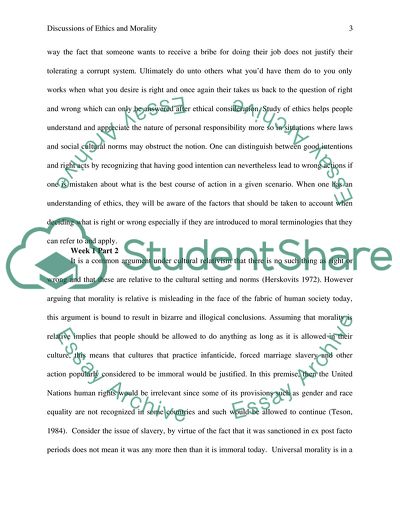Cite this document
(Discussions of Ethics and Morality Personal Statement Example | Topics and Well Written Essays - 3000 words - 2, n.d.)
Discussions of Ethics and Morality Personal Statement Example | Topics and Well Written Essays - 3000 words - 2. https://studentshare.org/philosophy/1829860-ethics
Discussions of Ethics and Morality Personal Statement Example | Topics and Well Written Essays - 3000 words - 2. https://studentshare.org/philosophy/1829860-ethics
(Discussions of Ethics and Morality Personal Statement Example | Topics and Well Written Essays - 3000 Words - 2)
Discussions of Ethics and Morality Personal Statement Example | Topics and Well Written Essays - 3000 Words - 2. https://studentshare.org/philosophy/1829860-ethics.
Discussions of Ethics and Morality Personal Statement Example | Topics and Well Written Essays - 3000 Words - 2. https://studentshare.org/philosophy/1829860-ethics.
“Discussions of Ethics and Morality Personal Statement Example | Topics and Well Written Essays - 3000 Words - 2”. https://studentshare.org/philosophy/1829860-ethics.


